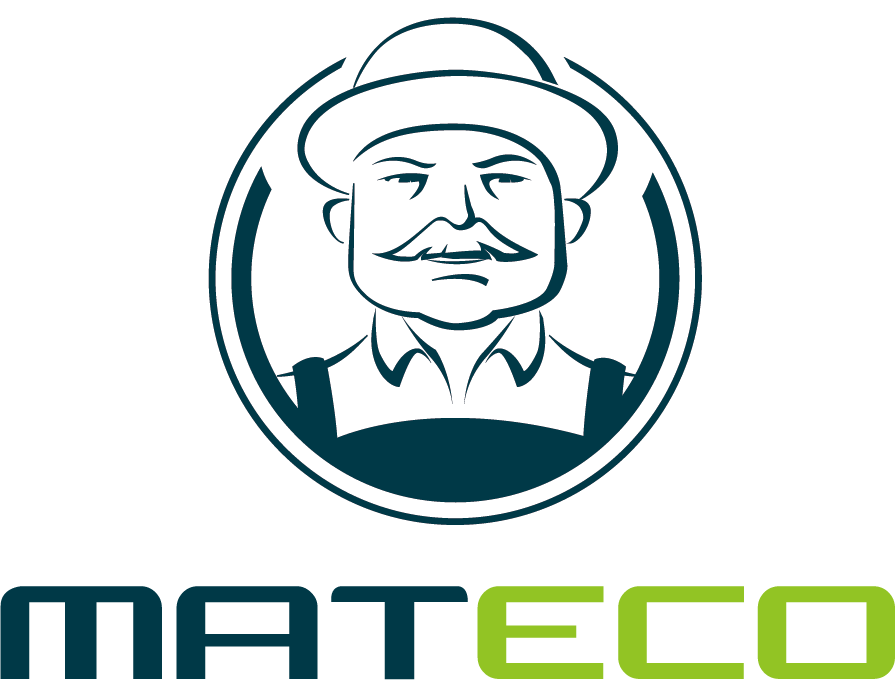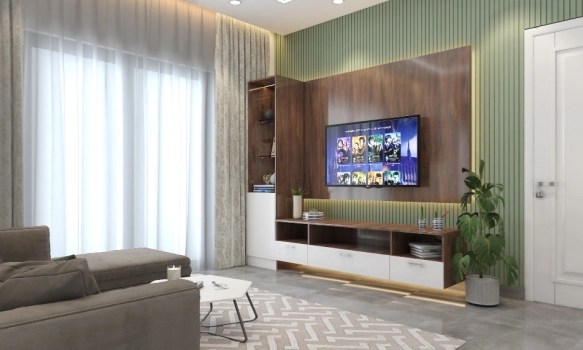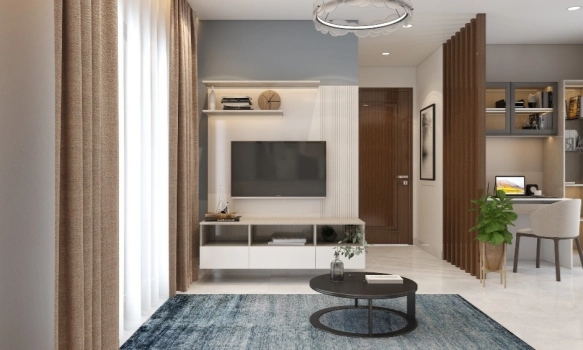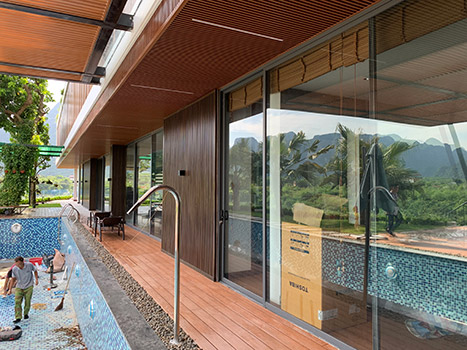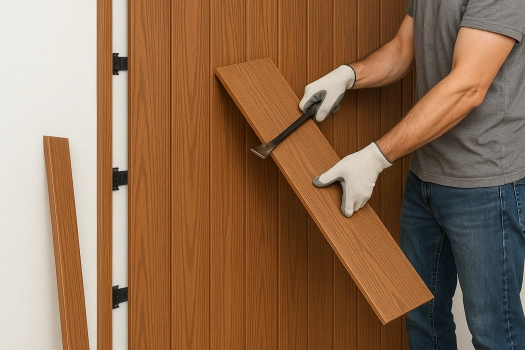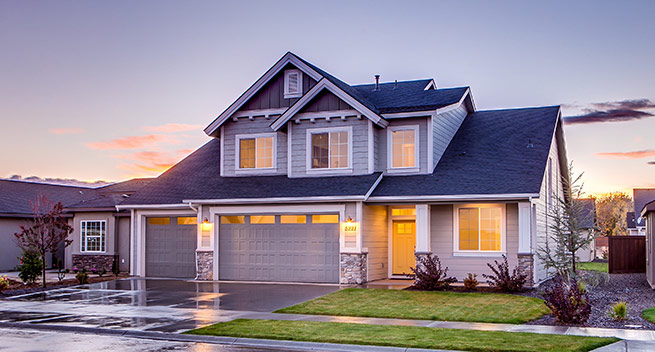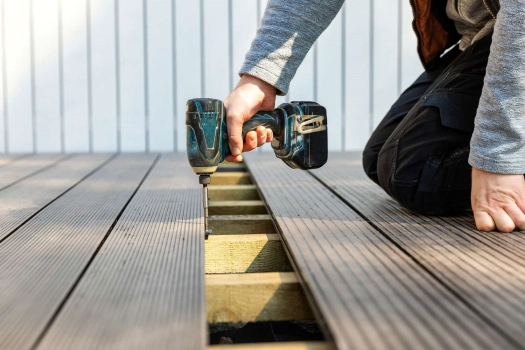The Advantages and Disadvantages of PVC Wall Panels
PVC wall panels are a popular choice for many homeowners and builders due to their practical benefits and cost-effectiveness. PVC panels are durable, moisture-resistant, low-cost, low-maintenance, customizable, easy to install, easy to clean, and provide electrical insulation. However, they also have disadvantages, including being unsafe due to lack of fire resistance and emitting odors, having an unnatural pladtic appearance, offering poor sound insulation, and having a high coefficient of thermal expansion. Here, we delve into both aspects to help you make an informed decision.
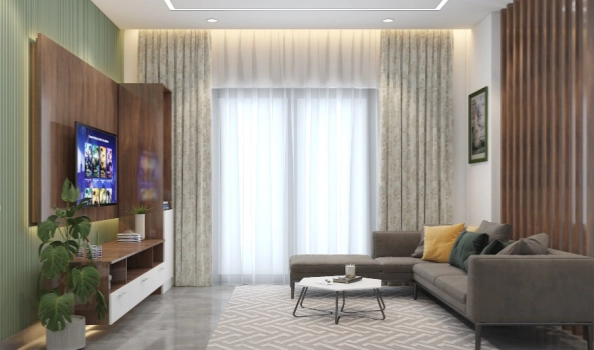
Table of Contents
Advantages of PVC Wall Panels
Moisture Resistance: Ideal for damp areas like bathrooms, kitchens, and basements, preventing mold and mildew growth.
Low Cost: An affordable alternative to traditional wall coverings such as tiles and wood.
Low Maintenance: Requires only a simple wipe-down to stay clean, saving time and effort.
Customizable: Available in various colors, patterns, and finishes to match any decor.
Easy Installation: Straightforward and often DIY-friendly, reducing labor costs.
Easy to Clean: Smooth surfaces resist dust and stains, ensuring hygiene and appearance.
Electrical Insulation: Provides safety by reducing electrical hazards in areas with appliances.
Disadvantages of PVC Wall Panels
Not Fire-Resistant and Emits Odors: Releases toxic fumes in a fire and may emit noticeable odors initially.
Unnatural Plastic Appearance: May not achieve the natural look of wood or stone.
Poor Sound Insulation: Ineffective for rooms requiring noise control.
High Coefficient of Thermal Expansion: Can warp or buckle in extreme temperatures.

PVC-based WPC Fluted Panels Q19020C
They are mainly used on building facades, walls, fences, etc. to add beauty and hierarchy.
View MoreHow Long Do PVC Panels Last?
PVC wall panels are designed to be durable and can last for many years with proper care. Typically, they can have a lifespan of 20-30 years. Factors such as the environment they are installed in, exposure to sunlight, and the level of maintenance they receive will influence their longevity. Their resistance to moisture and pests contributes to their durability, making them a reliable choice for long-term use.
Does PVC Weaken Over Time?
Yes, PVC can weaken over time due to several factors:
Exposure to UV Light: Prolonged exposure can cause brittleness and discoloration. Using UV-protected panels can help mitigate this.
Thermal Degradation: High temperatures can lead to loss of mechanical strength.
Chemical Exposure: Reactions with certain chemicals may degrade the material.
Physical Stress: Repeated mechanical impact can cause cracking or fracturing.
By understanding these factors, users can take preventative measures to extend the lifespan of their PVC wall panels and maintain their aesthetic and functional qualities.
If you want to enjoy the benefits of PVC wall panels while avoiding their disadvantages, consider using PVC-based WPC wall panels.
Conclusion
In conclusion, while PVC wall panels offer many practical benefits such as moisture resistance, low cost, and ease of maintenance, they also come with drawbacks like poor sound insulation and potential safety concerns. Considering both the advantages and disadvantages will help you determine if PVC wall panels are the right choice for your needs.
If you are looking for a WPC manufacturer, MATECO will be your best choice.
WhatsApp: +86-13380085620
Email: info@matecowpc.com
